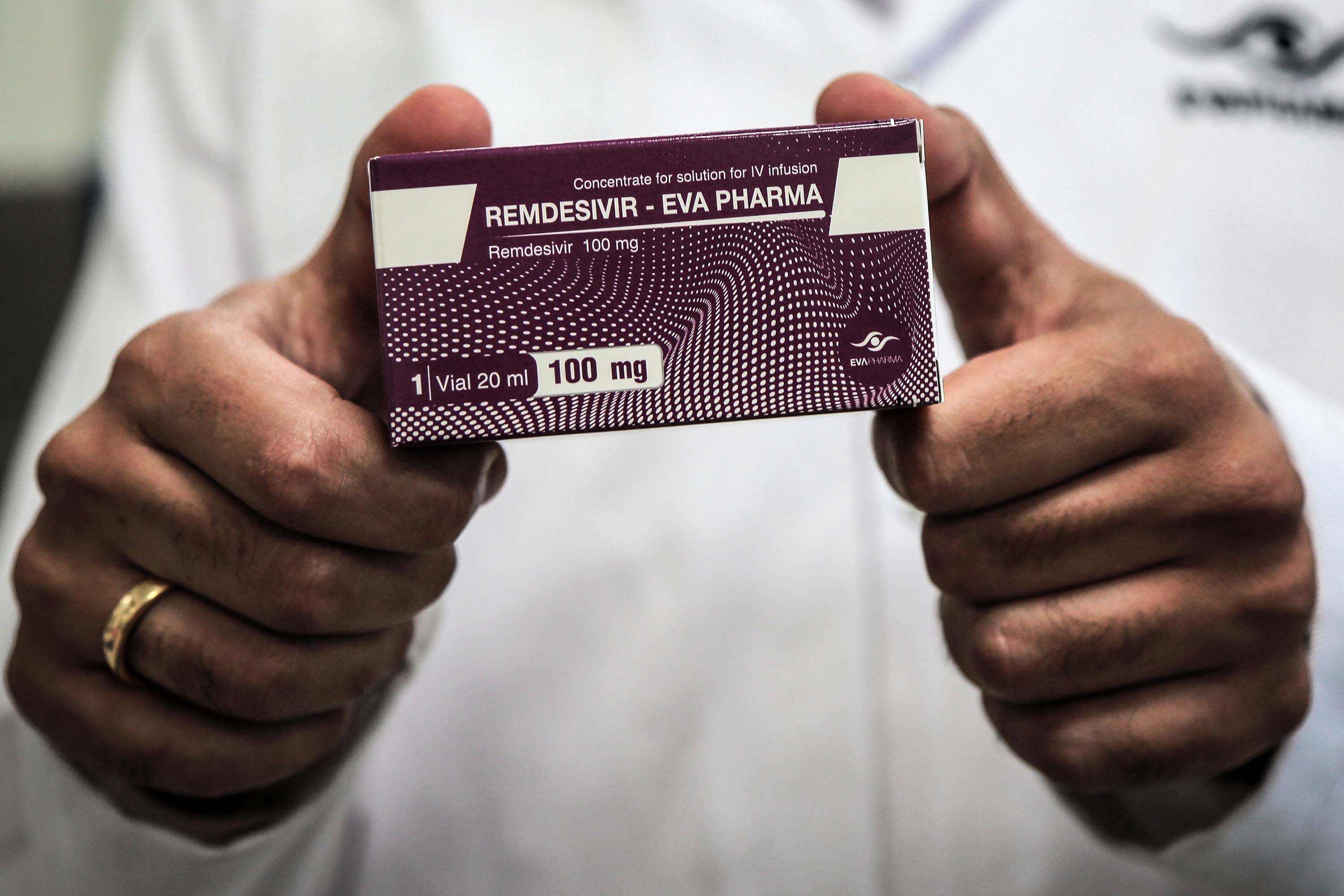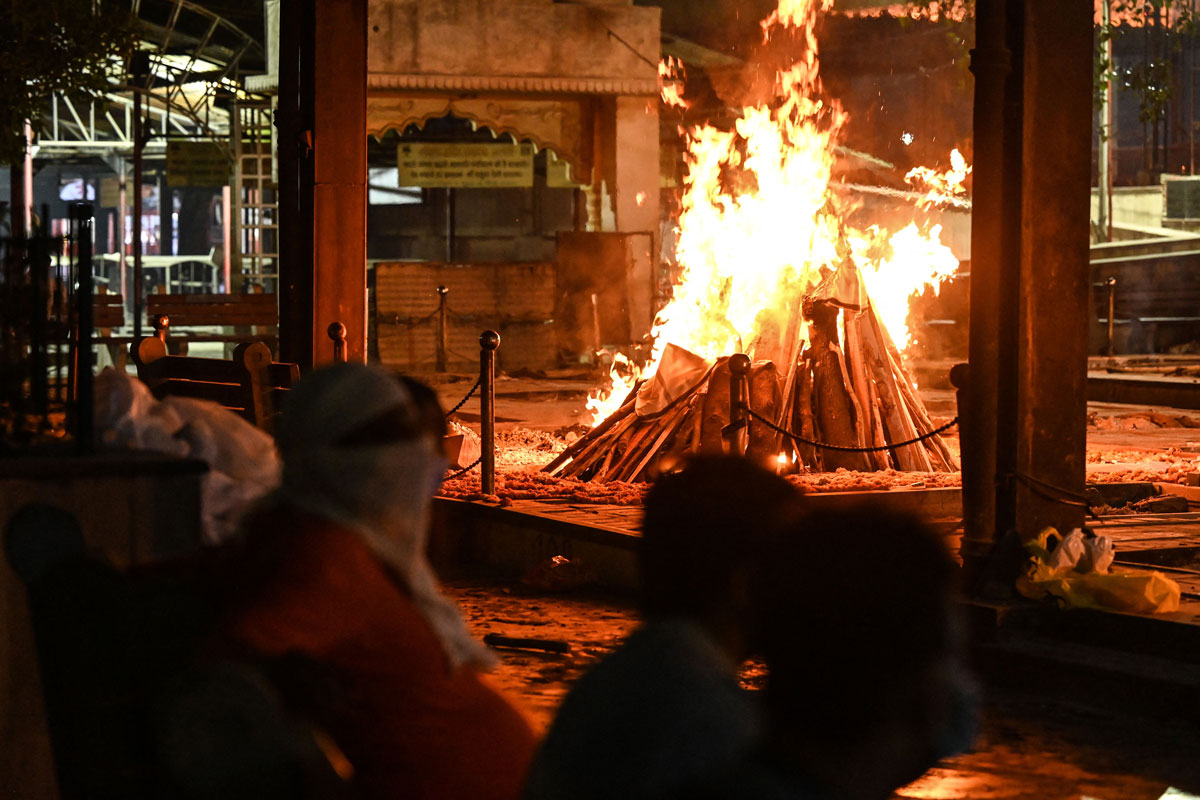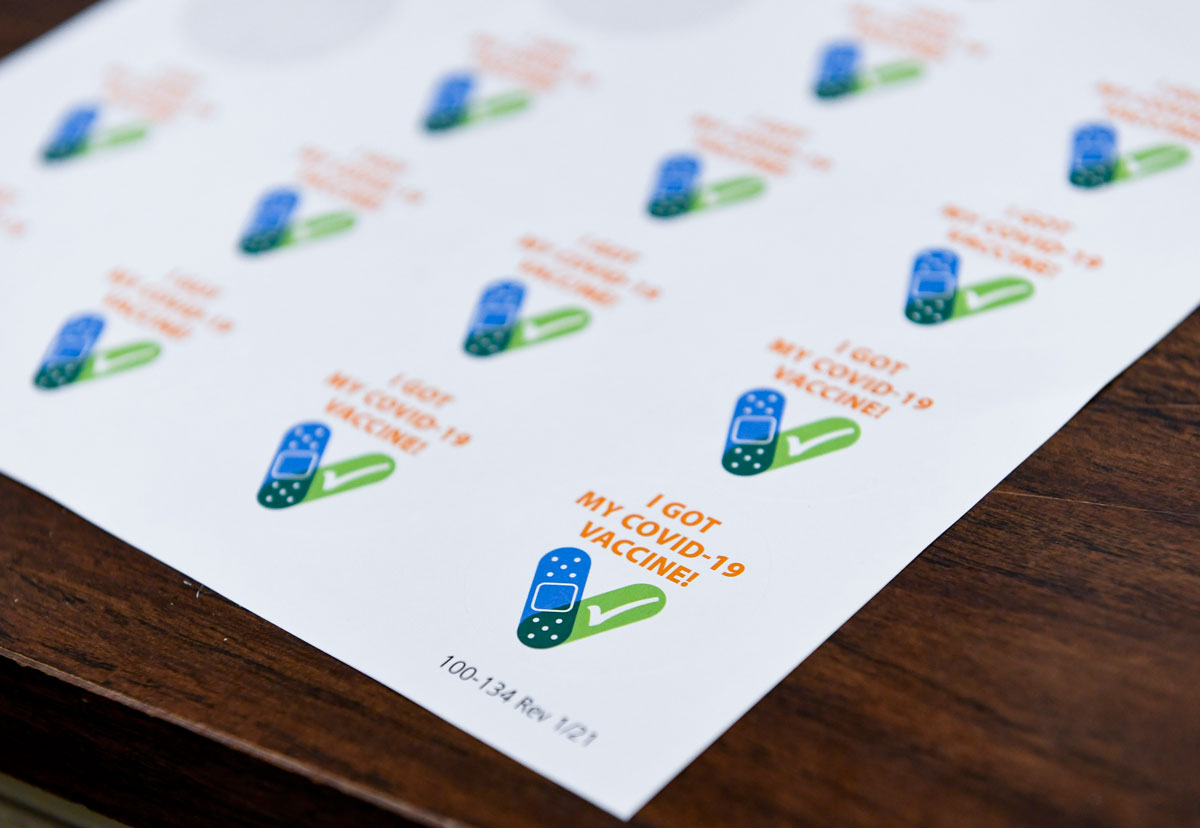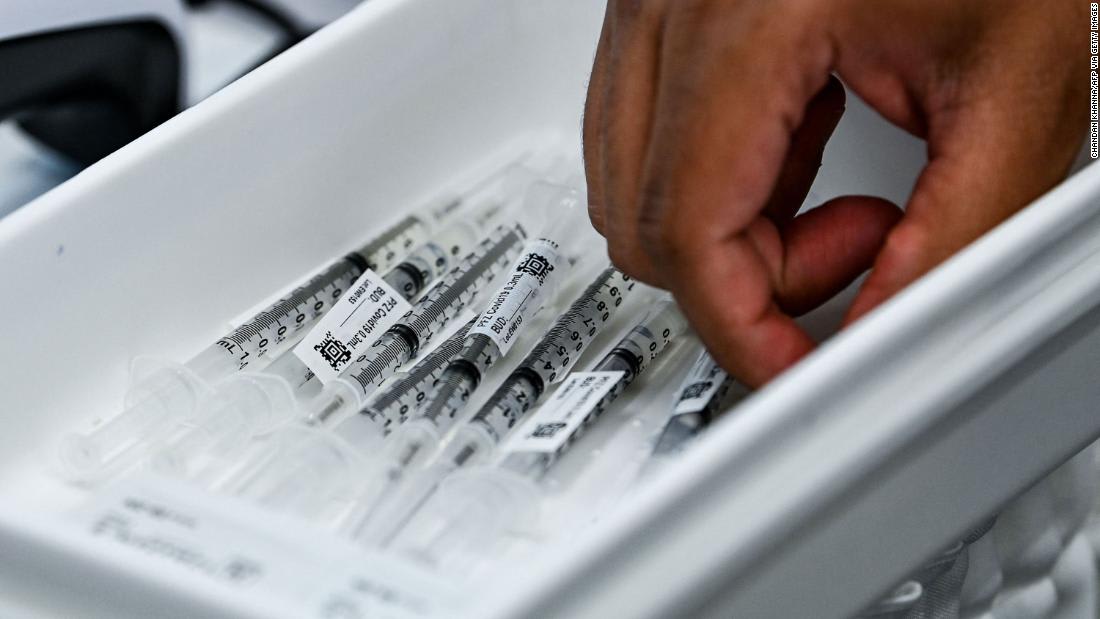
Black market traders in India are charging up to 10 times the recommended retail price for remdesivir, according to police, as hospitals and pharmacies report a shortage of the antiviral drug amid a second wave of coronavirus in the country.
The official price of the drug is set at 899-3,490 rupees (about $12-47), according to a government memorandum on April 17.
However, a Mumbai police official told CNN three people were recently arrested trying to sell the drug for 20,000 rupees per vial ($266). In Vishakhapatnam, another police official said, four hospital employees were arrested as they tried to sell remdesivir vials for 9,000 rupees each ($200).
“It is an alarming situation,” said Harshita Chandra, the assistant police commissioner in east Vishakhapatnam. “I want to raise as much awareness about this issue so it becomes popular and people can be more alert and vigilant.”
Abhijeet Kumar from Raipur, a city in the state of Chhatisgarh, said he was trying to find six doses of the drug online for his Covid-19-positive uncle when he was offered them at more than four times the highest official price.
He said he declined the offer as his family could not afford it. “I have already admitted my uncle in a private hospital and it costs 20,000 rupees per day. I can’t afford more,” he said.
Some background: The benefits of remdesivir in the treatment of Covid-19 are unclear. The Indian government and the US Food and Drug Administration have approved the drug for emergency use within hospitals, though the World Health Organization says evidence does not suggest the drug lessens the risk of dying from Covid-19 or needing mechanical ventilation.
Government action so far: Several ministers across India have acknowledged the issue of black market profiteering of remdesivir. The Delhi chief minister promised the “strictest action” against the malpractice. The soaring demand for the drug has prompted the Indian government to temporarily ban the export of the medication to increase its supply in the domestic market. In addition, the finance ministry has waived import duties on it






